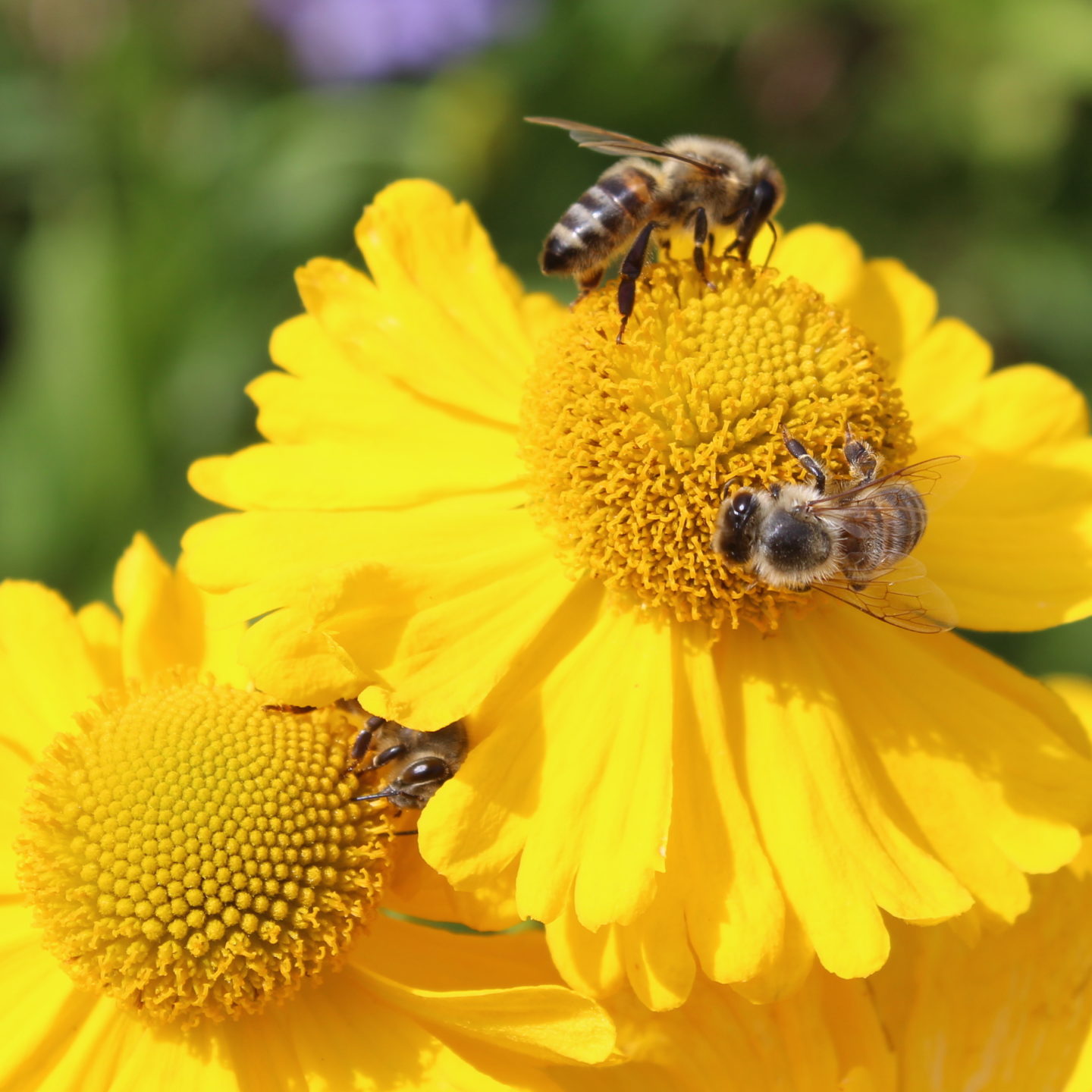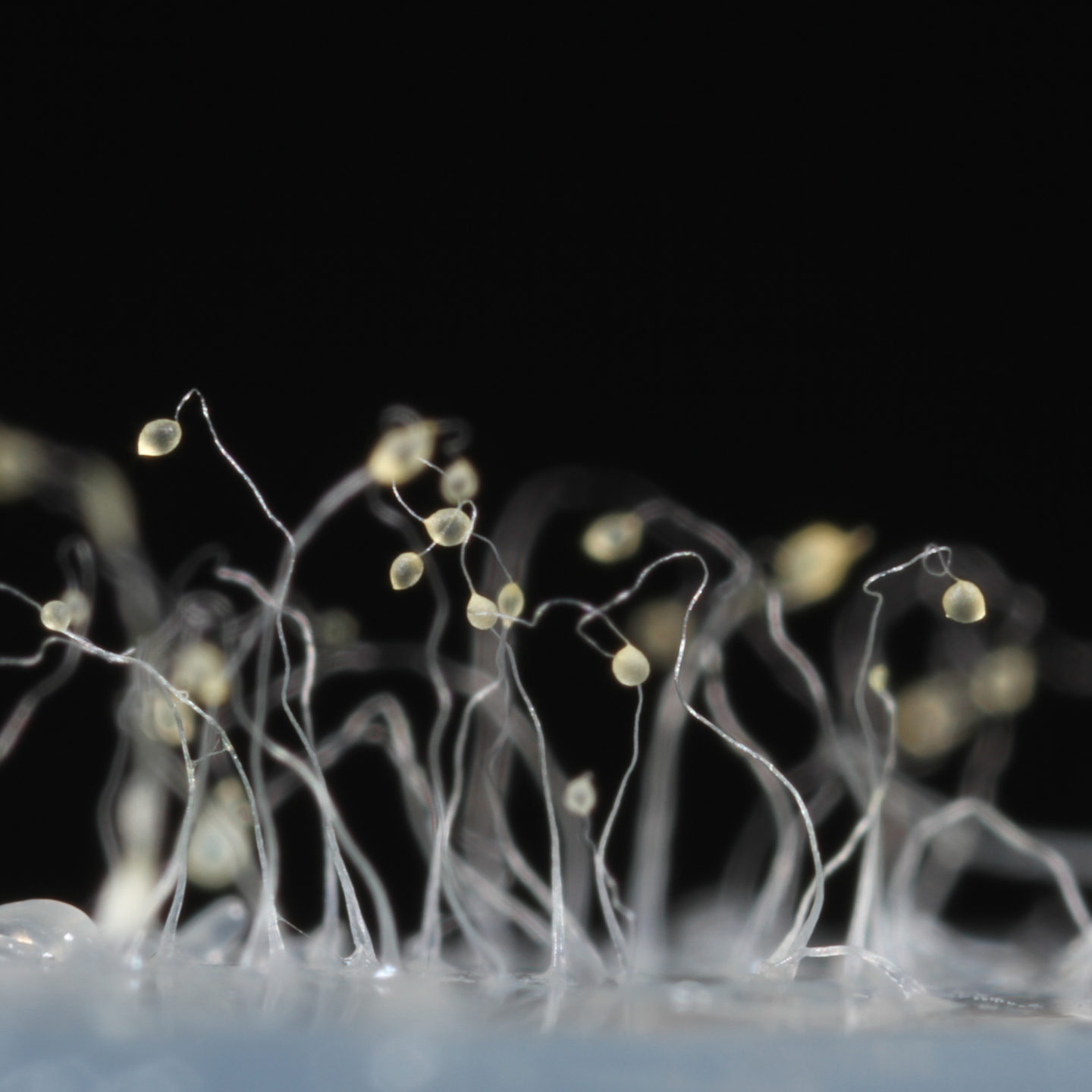We are very happy to have Jonathan Birch (LSE) blogging this week on The Philosophy of Social Evolution, new from Oxford University Press. To view all his posts on a single page, click here.
2. Relatedness and altruism
Haldane’s quip In what circumstances might natural selection favour self-sacrifice? As legend has it, the best known answer to this question was first spoken in a London pub called the Orange Tree. One night in the 1950s, after “calculating on the back of an envelope for some minutes”, J.B.S. Haldane remarked …







